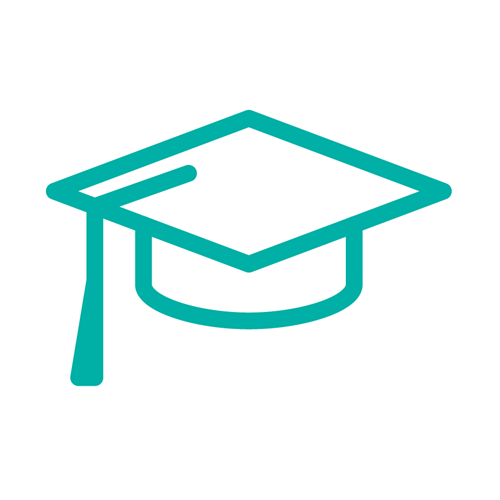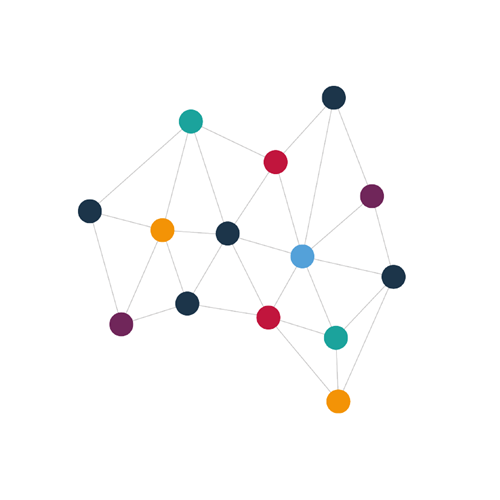The following workshops were developed as part of the DTiF project. The content was developed for AC v8.4 but could be modified for v9.0. If you are interested in any of these courses please contact ACARA’s Curriculum specialist, Technologies technologies@acara.edu.au.
This workshop will assist you to:
- understand the purpose and intent of the Digital Technologies curriculum
- understand the key concepts of the Digital Technologies curriculum
- understand the achievement standards and how they relate to the content descriptions
- identify ways to collect evidence of students’ learning
- recognise the progression of concepts across the bands and how they intersect with other curriculum learning areas
- understand computational thinking through hands-on activities
- become aware of resources to support the Digital Technologies curriculum
- identify opportunities to assess thinking skills in the Digital Technologies curriculum.
This workshop will assist you to:
- apply the thinking skills embedded in Digital Technologies and establish links to the general capabilities
- understand, apply and develop teaching strategies for addressing project management
- understand the basics of visual programming
- understand the interactions between hardware and software
- apply this knowledge to develop a unit of work.
This workshop will assist you to:
- reflect on your school’s preparedness to implement the Digital Technologies curriculum
- become familiar with the expectations of the Digital Technologies curriculum
- explore resources to support the development of teaching, learning and assessment plans
- evaluate current planning practices and consider your school’s unique situation in relation to the introduction of the Digital Technologies curriculum
- collaborate with others to share ideas for teaching, learning and assessing
- conduct targeted evaluation, planning and analysis for implementation
- develop an action plan to facilitate planning for your school’s implementation of the curriculum.
This workshop will assist you to:
- develop a deeper understanding of computational thinking as described in the Australian Curriculum: Digital Technologies
- understand how classroom activities could incorporate computational thinking strategies
- consider how the activities in the workshop could be incorporated into your classroom context.
This workshop will assist you to:
- increase your understanding of effective assessment practices for Digital Technologies
- develop a better understanding of consistent teacher judgement (CTJ)
- review an assessment task
- annotate student work samples to indicate evidence of achievement, and moderate judgements
- draft an assessment plan for Digital Technologies for a band or year level
- develop a quality assessment task
- engage in professional dialogue with colleagues.
This workshop will assist you to:
- reflect on your school’s preparedness to implement the NSW Technology Mandatory Years 7–8 syllabus with a focus on Digital Technologies
- become familiar with the expectations of the NSW Technology Mandatory Years 7–8 syllabus
- explore resources to support the development of teaching, learning and assessment plans
- collaborate with others to share ideas for teaching, learning and assessing
- conduct targeted evaluation, planning and analysis for implementation
- develop an action plan to facilitate planning for your school’s implementation of the curriculum.
This workshop will assist you to:
- become familiar with the dimensions of the STEM ways of thinking, knowing and doing
- identify opportunities for STEM connections in the Australian Curriculum and state-based syllabuses with a focus on Digital Technologies
- explore how to enhance the transfer of learning between the disciplines
- identify opportunities to work with community and business to enhance STEM learning
- collaborate with others to share ideas for teaching, learning and assessing
- develop a draft STEM connection to support your school’s implementation.
This workshop will assist you to:
- explore each of the dimensions of the STEM ways of thinking, knowing and doing
- reflect on opportunities for STEM connections in the Australian Curriculum with a focus on Digital Technologies
- develop design thinking and project management skills to enhance STEM teaching and learning
- collaborate with others to share ideas for teaching, learning and assessing
- explore resources to support the development of teaching, learning and assessment plans through STEM
- develop a draft design situation and brief for a digital solution to support your school’s implementation of a STEM connections unit.
This workshop will assist you to:
- explore sites that will help with your understanding and creativity related to Digital Technologies
- understand the key concepts of the Digital Technologies curriculum
- recognise the progression of concepts across the bands and how they intersect with other learning areas
- explore connecting ideas across learning areas and general capabilities focusing on your own units of work
- explore hands-on activities which support integration of Digital Technologies with other learning areas
- identify key project-based learning (PBL) features and draft different levels of questions
- use a project planning template to begin the PBL planning path.
This workshop will assist you to:
- understand the purpose, intent and key concepts of the Digital Technologies curriculum and the different ways of thinking within the curriculum
- explore specific advice in relation to meeting the learning needs of students with disability
- understand how planning can ensure all students are able to access and participate in the curriculum
- collaborate with others to share ideas for teaching, learning and assessing
- become familiar with further resources to support you with the introduction of Digital Technologies.


